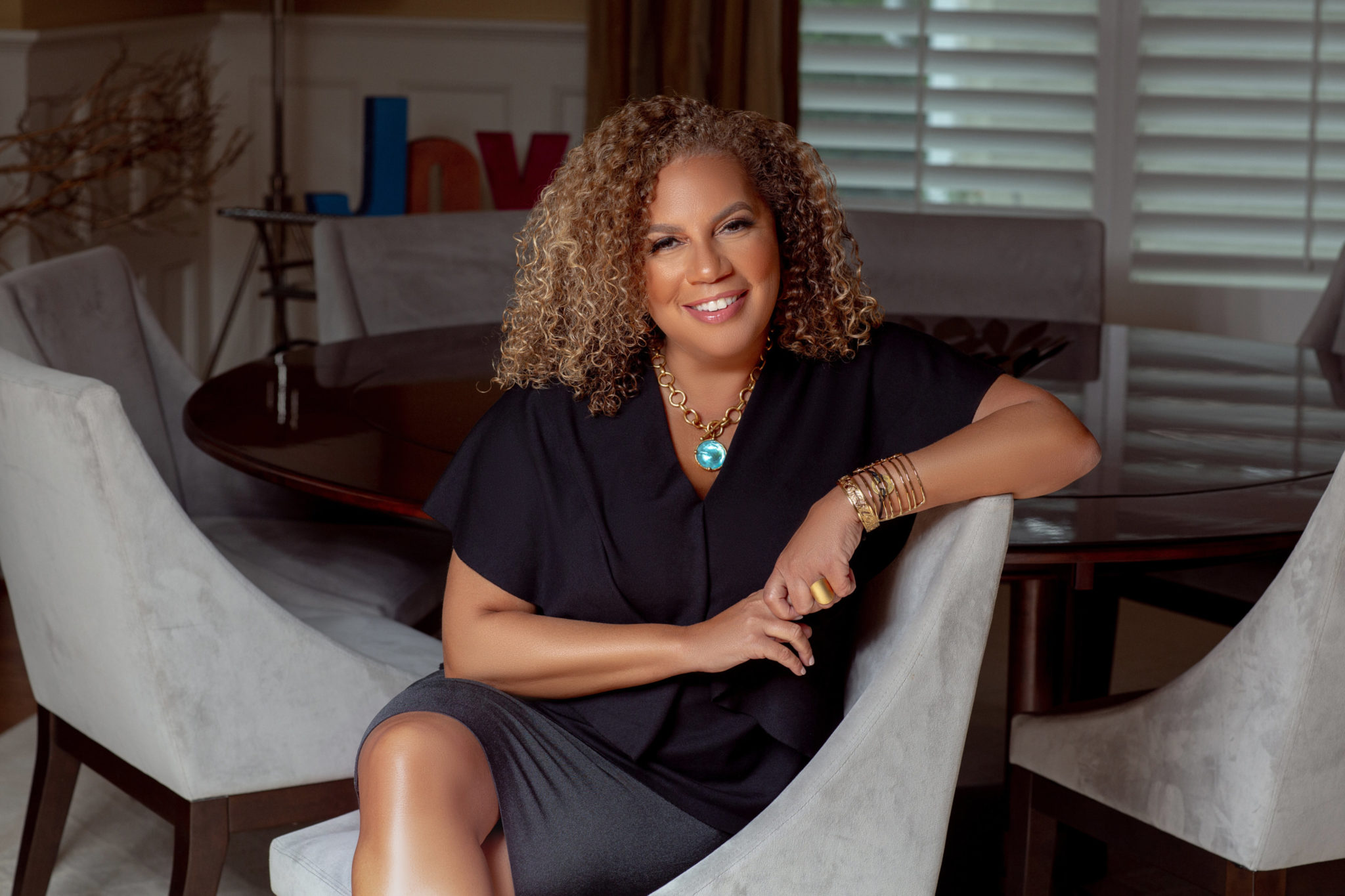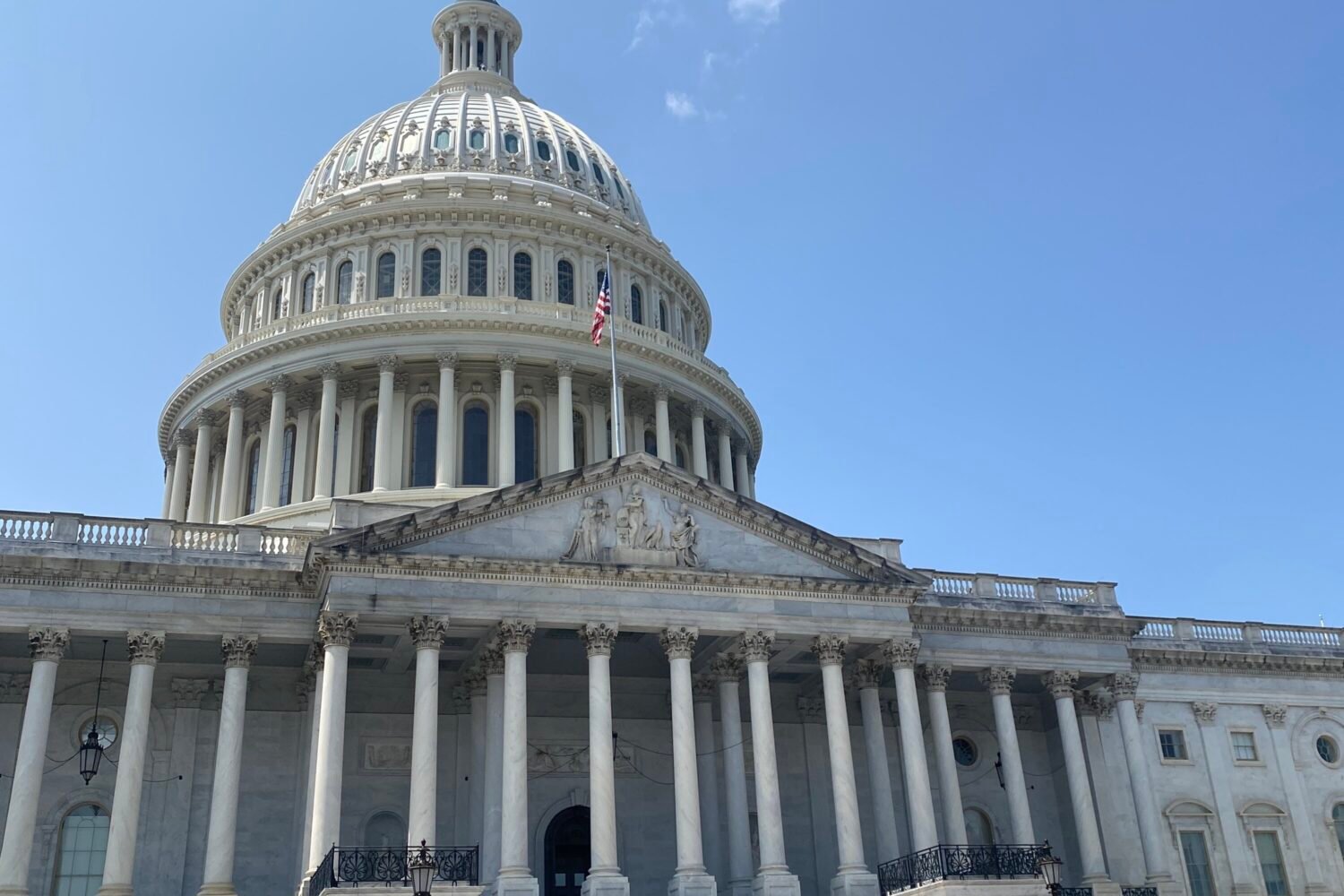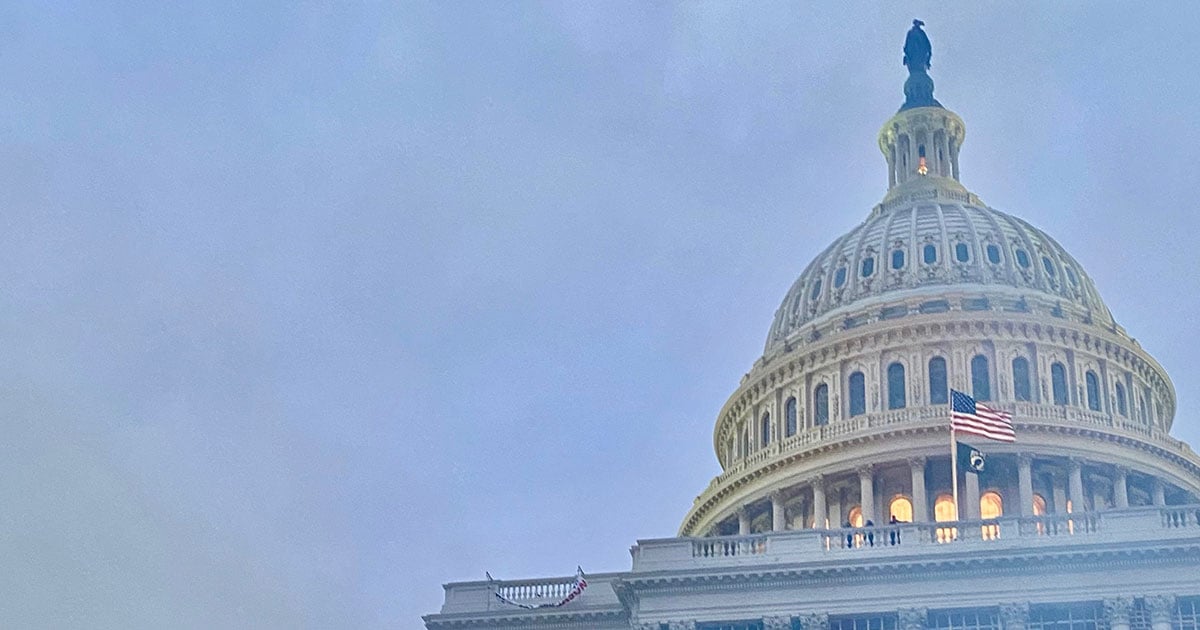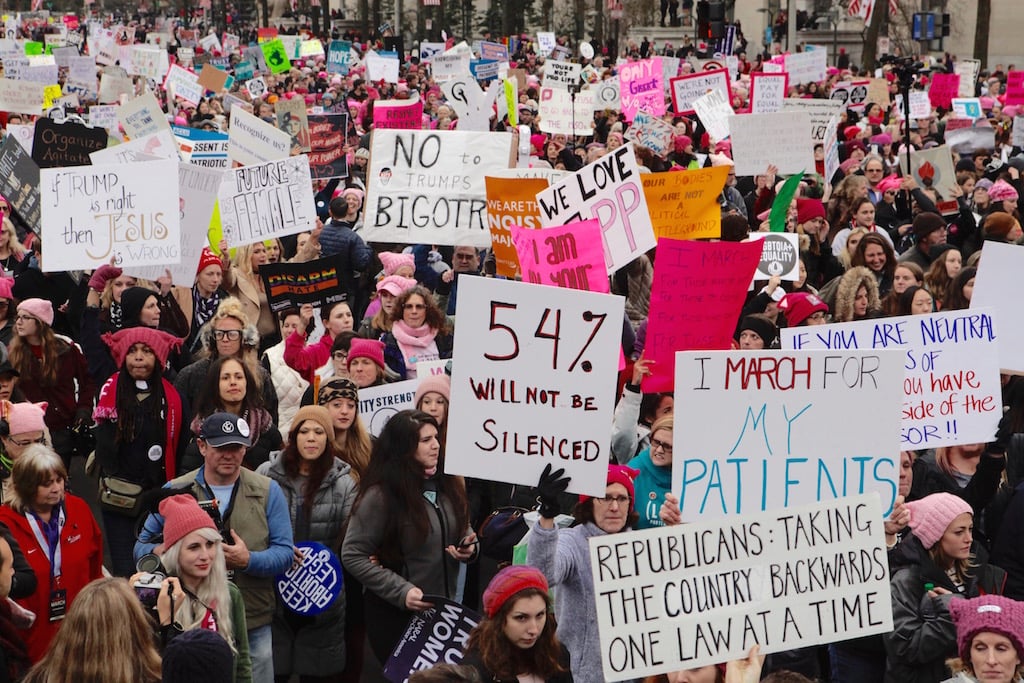On Friday, the House of Representatives passed the CROWN Act—which bans discrimination on the basis of hair texture and hairstyles—in a 235-189 vote. It will now move to the Senate, where it faces an uncertain fate. The CROWN Act, which stands for “Creating a Respectful and Open World for Natural Hair,” was created in 2018 by four Black women: Esi Eggleston Bracey, Unilever’s chief operating officer and executive vice president of beauty and personal care; Kelli Richardson Lawson, the founder and CEO of DC marketing firm JOY Collective; Orlena Nwokah Blanchard, JOY Collective’s president and chief operating officer; and social impact and legislative strategist Adjoa B. Asmoah.
Along with the 91-member CROWN Coalition, these four women have been pushing both state and federal governments to pass the legislation. So far, the CROWN Act and other similar legislation has become law in 14 states, including Maryland, and has been filed in 16 other states. We spoke to Richardson Lawson about the effort to pass the CROWN Act and why an end to hair discrimination is critical.
During the House session, Rep. Jim Jordan said hair discrimination wasn’t an issue that Americans care about and suggested that Democrats should focus on high gas prices and inflation instead. Why does hair discrimination matter?
It’s important because it affects human lives. It’s a civil rights issue. It’s a human rights issue. We should be able to wear our hair however we choose. It’s not a frivolous issue. Being able to wear our hair in the workplace does not affect the output of our work, but it allows us to come fully represented in the workplace. If we’re not allowed to do that, it affects our economic potential to take care of our families and to make a living. It’s important for little girls to be able to go to school with their freshly braided hair, if that’s how they choose to wear their hair, and to be proud and feel beautiful. We know from the [Dove CROWN Research Study for Girls] that over 50 percent of all Black girls are discriminated against by the time they’re five. The discrimination starts early and continues. So, this is a major issue for a huge group of people in this country, and [the CROWN Act] allows us to have the freedom to wear our hair how it comes out of our heads. That’s why it’s important.
No one else understands how difficult it is to navigate life with textured hair. You talk about your hair routine with your friends and colleagues that aren’t Black, and they act like we’re being too extra with our hair. Do you think that people aren’t taking hair discrimination seriously?
I do think that some people don’t see this as an issue because they’ve never lived the experience. Until you have a lived experience in the space, it’s hard for some people to understand. That’s why it’s so important to articulate how serious this issue is, why it matters, and why it’s important to support us.
This is the second time the CROWN Act has passed in the House, and it died the last time it went to the Senate. Do you feel optimistic about the bill passing this time?
We’re very optimistic that it’s going to pass. We are marching with our full coalition—91 partners, including the National Urban League—to get it passed. It’s going to be difficult. There are several key votes that we need to persuade, so we are going on a full-court press to get those people that we think might be challenging to come to our side and say yes. We are working aggressively on that as a next step, and we’re asking everybody in this country to email and to write to their legislators. Dove recently launched a new campaign called “As Early As Five” that shows the pain and hurt of what happens to us as little children. It ends with “Sign the CROWN Act petition,” so they’ve put support behind that, as well. We also have over 20 states in play. Massachusetts just passed [the CROWN Act] in the House of Representatives unanimously, so we’re continuing to fight in every state and on the federal level. We have faith that we’re going to get those extra votes that we need so we can pass it in the Senate. The President issued a statement in support, so that’s a big difference from last time. Even though it’s a partisan world that we’re in right now, we think we have a very good shot.
There are still some negative perceptions about natural hair and other Black hairstyles within the Black community. Do you think the CROWN Act could play a role in changing that narrative?
We think we’re already doing that. You see Matthew Cherry’s Hair Love, and he mentioned the CROWN Act. We see Gabrielle Union and Tracee Ellis Ross talking about the CROWN Act. Colin in Black and White talks about natural hair and this issue, so I believe we are actually changing the narrative. I think it’s changing over time. There are still some generational differences. My mom grew up in a generation where the Eurocentric beauty standard was considered beautiful, so that’s a change. We are working on changing the narrative for us, and I think it’s already changing.
Regardless of what happens in the Senate, do you plan to continue fighting for the end to hair discrimination?
We will always fight for end to hair discrimination, and it is going to happen in the Senate this year. I believe words have power. We will also continue fighting in all the states to pass the legislation. We will continue until every Black person in this country has the right to wear their hair however they choose.
This interview has been edited and condensed for clarity.


















